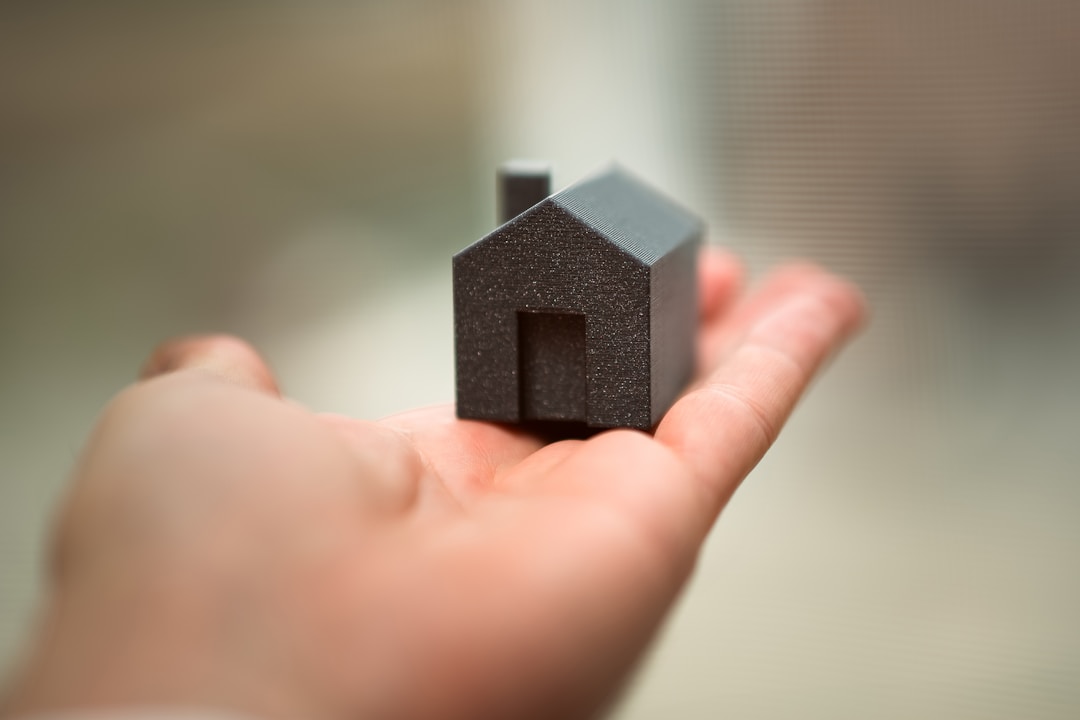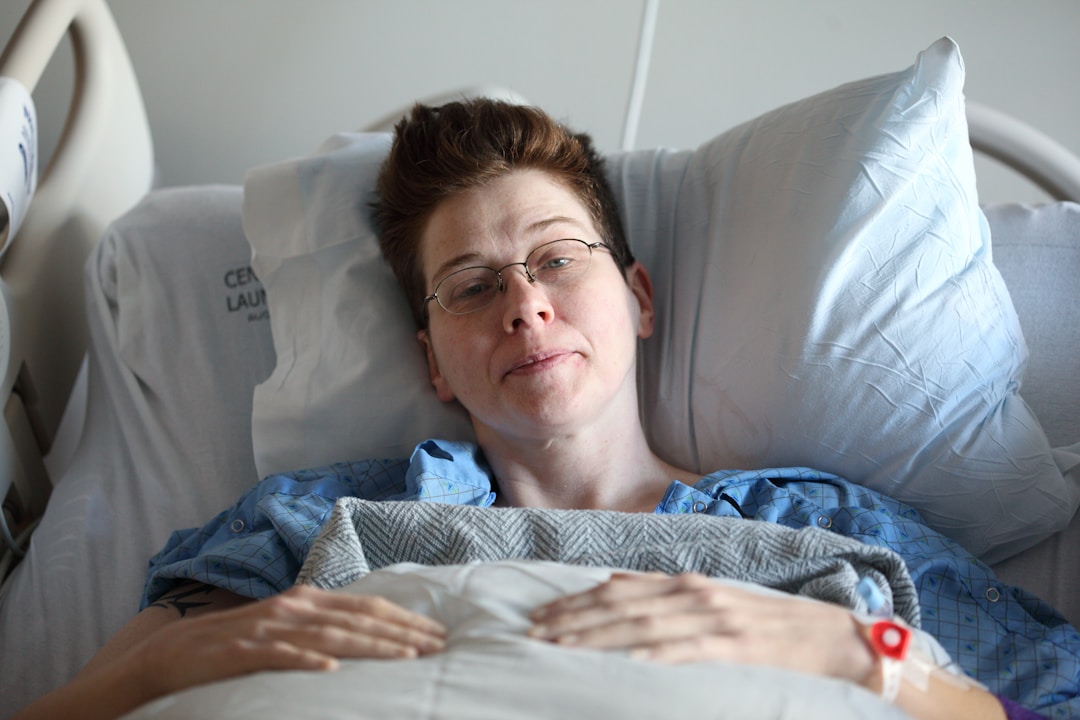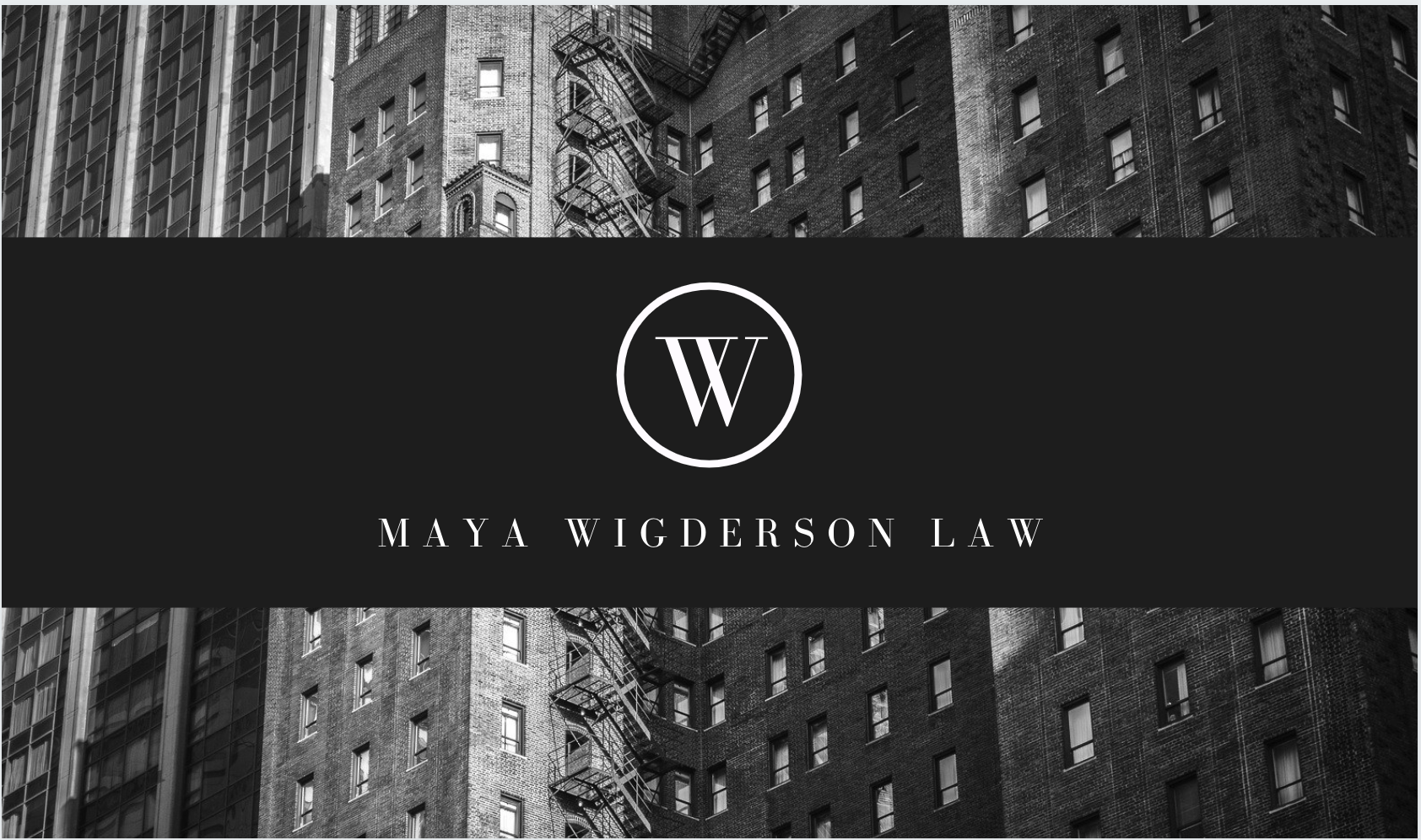When Property Negligence Leads to Catastrophic Injuries: Premises Liability in Boston
Property owners have a legal duty to maintain safe conditions for those who enter their premises. When they fail to do so, resulting in a dangerous environment, they may be held accountable for any injuries sustained by visitors. These injuries can be catastrophic, affecting victims’ lives for years to come. Below, we will explore how property owners can be held liable for catastrophic injuries caused by unsafe conditions, the most common hazards that lead to such injuries, and the legal options available to victims in Boston.
Understanding Premises Liability: What It Means for Boston Property Owners

Premises liability refers to the legal responsibility of property owners to ensure their premises are free from hazards that could harm visitors. This liability extends to anyone who enters the property, including customers, employees, and even trespassers in certain situations. In Boston, property owners must adhere to state and local regulations designed to protect public safety, and failure to do so can result in serious consequences.
A critical aspect of premises liability is the classification of visitors. In Massachusetts, the law distinguishes between invitees, licensees, and trespassers. Property owners owe the highest duty of care to invitees who enter the property for business purposes, such as customers or clients.
Licensees, including social guests, are owed a lesser duty of care but still deserve protection from known hazards. Property owners must warn them of dangers that may not be immediately obvious. On the other hand, trespassers are typically afforded minimal protection, though owners cannot set traps or intentionally cause harm to them.
A personal injury lawyer in Boston can assist victims in understanding their rights and navigating the legal complexities of premises liability. Property owners who neglect their duty to keep their premises safe may face legal consequences for any resulting injuries.
Common Causes of Catastrophic Injuries on Boston Properties

Slips and falls are among the most frequent causes of catastrophic injuries on properties, particularly during the winter months in Boston. Icy sidewalks, poorly maintained parking lots, and wet floors inside buildings can cause serious accidents. When property owners fail to clear snow or place warning signs about slick surfaces, they increase the risk of injuries such as broken bones, head trauma, or spinal injuries.
Another common cause of injuries is defective or poorly maintained staircases. Loose handrails, broken steps, and insufficient lighting can make staircases hazardous. Victims of staircase-related accidents often suffer severe injuries, including fractures, sprains, or even head and neck injuries that may require long-term medical care.
Property owners can also be held accountable for injuries caused by inadequate security, especially in areas prone to criminal activity. If a property owner fails to provide sufficient lighting, security personnel, or surveillance systems, they may be held responsible for crimes like assault or robbery that occur on their premises.
In addition, building code violations can contribute to dangerous conditions that lead to catastrophic injuries. Property owners who fail to adhere to local regulations regarding fire safety, electrical systems, and structural integrity can put visitors at risk. When these codes are ignored, the likelihood of accidents such as fires or electrocutions increases, resulting in devastating consequences.
Legal Recourse for Victims of Property Negligence in Boston
Victims of property negligence in Boston have several legal options available to them. The first step is to file a personal injury claim against the property owner, proving that their negligence directly caused the injury. To succeed, victims must establish that the property owner knew or should have known about the hazardous condition and failed to take reasonable steps to remedy it.
Victims can sue if a property owner denies responsibility or offers insufficient compensation. A personal injury lawyer will present evidence such as photographs of unsafe conditions, witness testimonies, and medical records to support the claim in court. Victims may seek damages for medical expenses, lost wages, pain and suffering, and, in severe cases, permanent disability.
Victims can also pursue claims under Boston’s local ordinances, which may offer additional protections depending on the circumstances. These laws can provide a basis for stronger legal action against negligent property owners, ensuring victims receive the compensation they deserve.
In some instances, property owners may offer a settlement to avoid the time and expense of a trial. While this can be a quicker resolution, victims should consult a personal injury lawyer to ensure that the settlement adequately covers their medical costs, future care needs, and other related expenses.
Overall, property owners in Boston are responsible for maintaining safe conditions for all visitors, and failing to do so can lead to catastrophic injuries with serious consequences. Victims of such negligence have legal recourse to seek compensation and hold property owners accountable for their actions.
